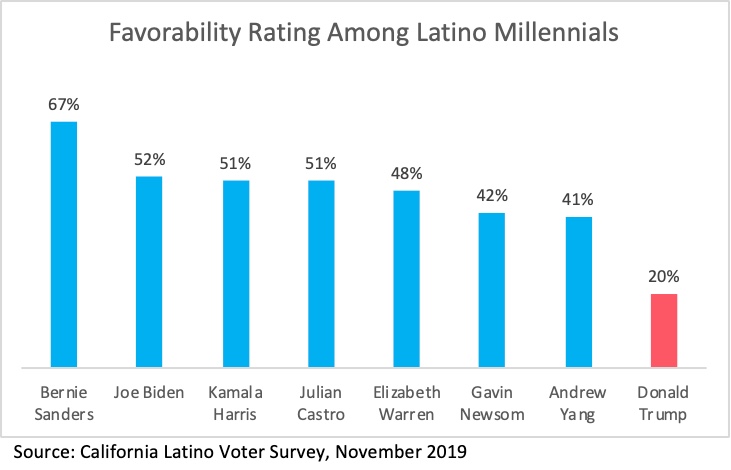A Pennsylvania judge last week struck down a controversial new law that would require voters to show photo identification before they cast their ballots. This is the latest ruling regarding voter-ID laws which has become a contentious across the nation. Commonwealth Court Judge Bernard L. McGinley ruled that Pennsylvania’s new voter identification law is unconstitutional and places an unreasonable burden on people trying to exercise their right to vote. In his opinion Judge McGinley stated that “enforcement of the Voter ID Law as to these electors who lack compliant ID has the effect of disenfranchising them through no fault of their own. Inescapably, the Voter ID Law infringes upon qualified electors’ right to vote.” (from pg 37, full decision here)
Professors Matt Barreto and Gabriel Sanchez from Latino Decisions conducted research that proved to be pivotal in the case. The report generated by Barreto and Sanchez was based on a survey conducted to gauge how many eligible voters in the state lack the identification required to vote under the new law, and was introduced as an expert report by the plaintiffs and cited in the judge’s opinion. According to the decision issued by Judge McGinley, the Court “had a high degree of confidence in Professor Barreto’s survey results and that those results corroborate that hundreds of thousands of voters lack a compliant ID” (pg 10). Given the large number of voters who were proven to lack ID in the survey by Barreto and Sanchez, the Court declared the voter ID law unconstitutional: “As a constitutional prerequisite, any voter ID law must contain a mechanism for ensuring liberal access to compliant photo IDs so that the requirement of a photo ID does not disenfranchise valid voter.” (pg 34).
Barreto and Sanchez also provided an expert report in a lawsuit (Frank v. Walker) challenging the impact of the Wisconsin voter ID law on minority voters, and in 2012 the Wisconsin law was temporarily put on hold, and currently awaiting a permanent decision in Federal Court. The findings in Wisconsin revealed that as compared to Whites, African American eligible voters were 182 percent less likely to possess an accepted photo ID and Latinos were 206 percent less likely to possess an accepted photo ID. As states increasingly engage in debates surrounding the use of voter-ID researchers at Latino Decisions will continue to engage in the necessary research to help policy makers assess the impact these changes to the voting system will have for Latino and other minority voters.


